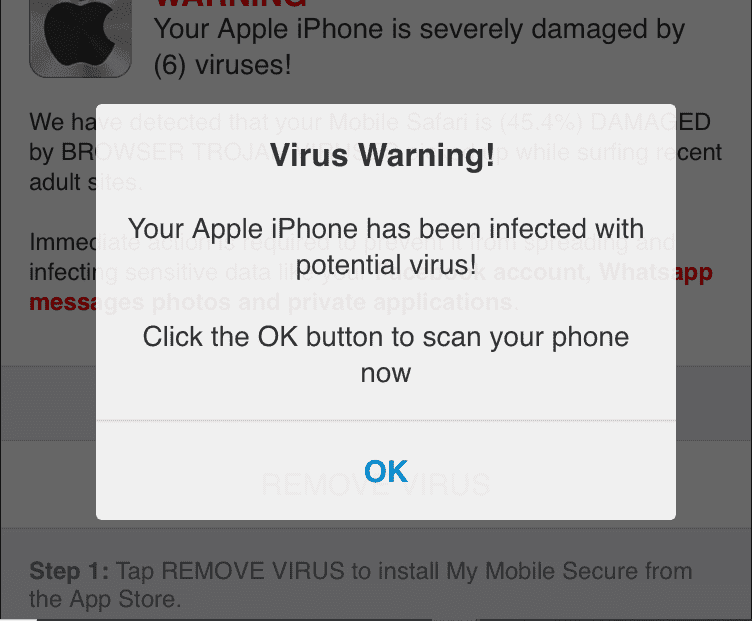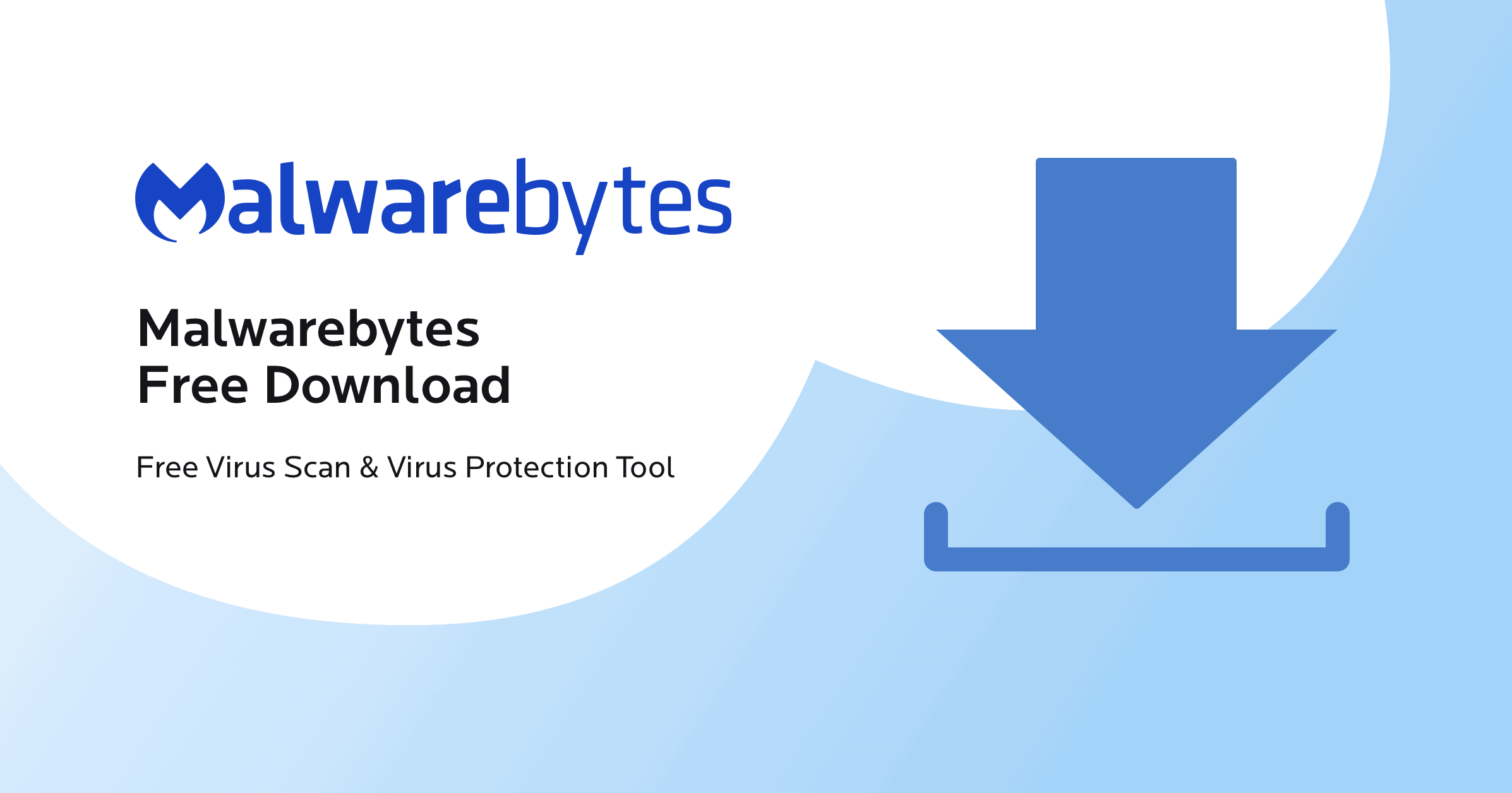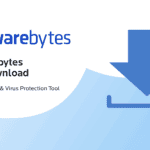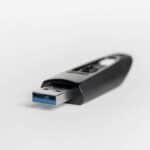Remember these steps to keep your computer safe from viruses and protect your personal data. Use antivirus software to find and remove harmful programs. This software scans files and stops dangerous programs before they can hurt your computer. Also, regularly update your operating system and software to get security fixes that help protect against new threats. Avoid clicking on unknown links or downloading attachments from unknown sources because they can carry viruses and other malware. Lastly, use strong passwords and enable two-factor authentication for added security. Strong passwords are harder for attackers to guess, and two-factor authentication adds an extra layer of security. By following these steps, you can significantly reduce the risk of infecting your computer with viruses.
Essential Computer Virus Protection Strategies
The best way to guard against the damage and disruption of computer viruses is to implement a multi-layered defense strategy. This involves a combination of software solutions, safe browsing habits, and regular system updates.

Software Solutions for Virus Protection
Antivirus and anti-malware software are the first line of defense. They scan your computer for known viruses and malicious software, removing or quarantining them before they can cause harm.
| Software Type | Function |
|---|---|
| Antivirus | Detects and removes known viruses. |
| Anti-malware | Detects and removes various types of malicious software (malware). |
| Firewall | Monitors incoming and outgoing network traffic, blocking unauthorized access. |
These tools work in tandem to provide comprehensive protection. Be sure to keep them updated as new threats emerge constantly.
Safe Browsing Habits
Your browsing habits can significantly impact your computer’s vulnerability to viruses. Be cautious about clicking on links or opening attachments from unknown sources. Avoid suspicious websites and be wary of pop-up ads.
System and Software Updates
Regularly updating your operating system and software is crucial. These updates often include security patches that fix vulnerabilities that viruses could exploit.
By combining software solutions, safe browsing habits, and regular updates, you can significantly reduce the risk of your computer falling victim to a virus attack. Remember, prevention is always better than cure when it comes to computer viruses.
Key Takeaways
- Antivirus software protects against harmful programs
- Regular updates fix security vulnerabilities
- Strong passwords and two-factor authentication enhance security
Understanding Computer Viruses and Malware
Computer viruses and malware can significantly harm your systems and compromise your data. Awareness of the different types and common infection sources helps keep your computer safe.
Types of Malicious Software
Malicious software, or malware, includes various harmful programs. Viruses attach to files or software, spreading when these are opened or run. Worms replicate themselves to spread across networks and systems without needing a host file. Trojans disguise themselves as legitimate software but execute harmful actions when run. Spyware secretly gathers user information without consent. Adware displays unwanted advertisements and may gather user data for marketing. Each type of malware impacts the system differently, demanding specific anti-malware tools for protection.
Common Sources of Infection
Many infections come from email attachments or links. Phishing emails trick users into clicking malicious links or downloading harmful attachments. Spam emails often carry malware. Malicious software can also come from downloads from non-reputable websites. Online threats occur when visiting compromised sites or accepting browser prompts. Hackers can use these methods to spread malware attacks, highlighting the need for robust security practices. Anti-malware software is essential for detecting and removing these threats, ensuring ongoing protection.
Frequently Asked Questions
To keep a computer safe from viruses, certain steps must be taken. This includes using effective antivirus software, enhancing system security settings, and practicing safe browsing and email habits.
What are the most effective antivirus software options for personal computers?
Some leading antivirus software options include Norton, McAfee, and Microsoft Defender. These programs offer real-time protection, regular updates, and malware scanning to help keep a computer secure.
What steps can I take to enhance the security settings of my operating system against viruses?
To improve security settings on Windows, users can turn on User Account Control (UAC) and enable device encryption if available. On macOS, it’s important to keep the system updated and use FileVault for encryption. Regular system updates are essential for both platforms to fix vulnerabilities.
How can I recognize and avoid phishing attempts that may infect my computer with a virus?
Phishing attempts often appear as emails or messages that look urgent and require immediate action. Avoid clicking on unknown links or downloading attachments from unfamiliar sources. Verify sender information before taking any action and use spam filters provided by email services.
What are the best practices for safe web browsing to prevent contracting computer viruses?
Use trusted browsers that offer built-in security. Enable features like pop-up blockers and stay away from suspicious websites. Avoid clicking on ads and downloading software from untrusted sources. Always use secure connections (https) whenever possible.
How often should I update my antivirus software to ensure my computer stays protected?
Antivirus software should be updated daily or as often as updates are available. Automatic updates are preferable, as they ensure the software has the latest virus definitions and protection mechanisms without user intervention.
In what ways can I ensure my email attachments are safe to open and virus-free?
Do not open attachments from unknown senders. Use an antivirus to scan attachments before opening them. Many email services also offer built-in scanning tools which should be utilized to check for malicious content.







